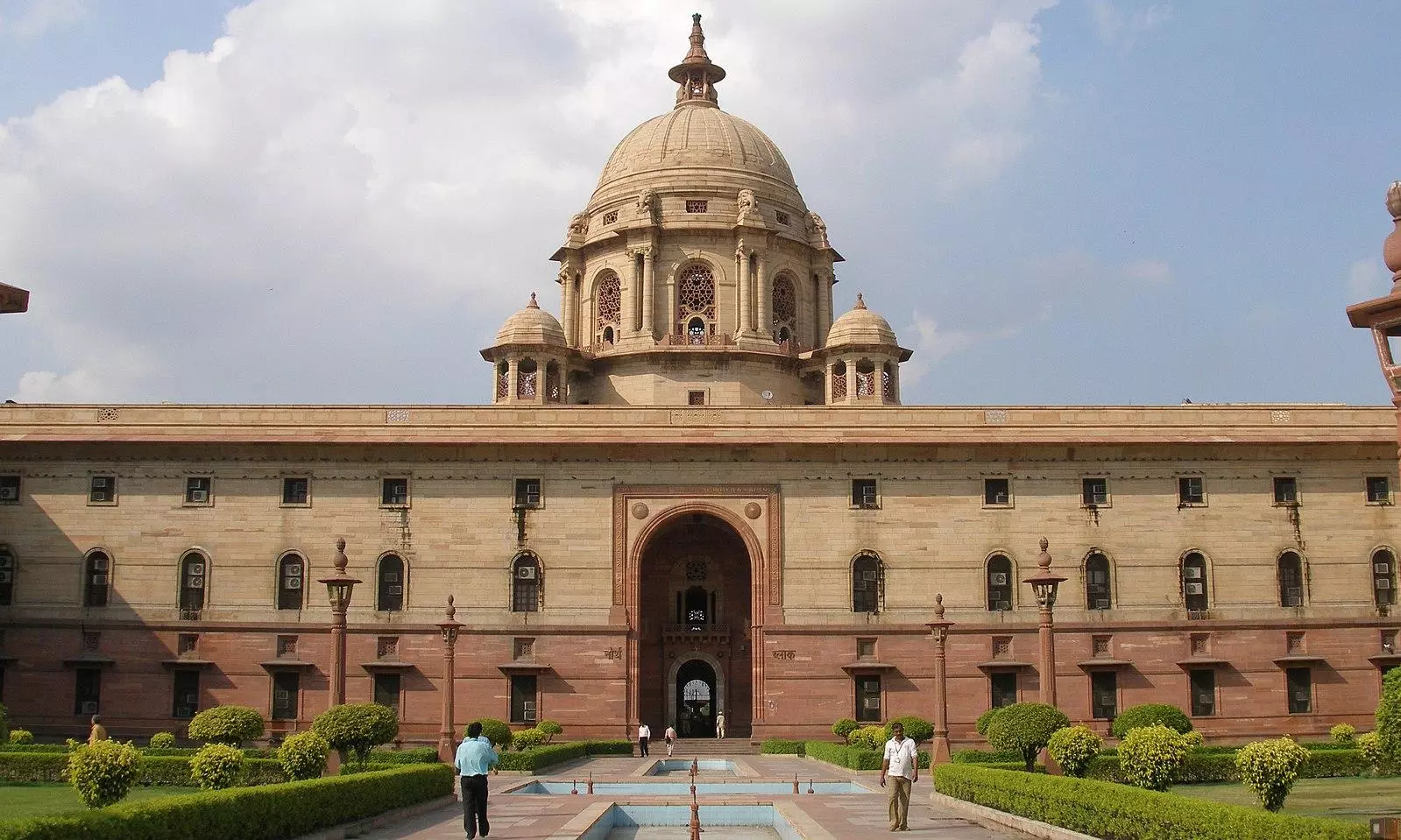Bhopinder Singh | Top Officials of Secular India Must Stay Away From Religiosity
In a time of rising social polarisation, constitutional functionaries must balance personal faith with public responsibility.

A few years ago, Prime Minister Narendra Modi had spoken reassuringly on the subject of secularism and constitutionality at the 125th birth anniversary celebrations of Dr B.R. Ambedkar, the chairman of the drafting committee of the Constitution of India. Addressing the prevailing issue of religious intolerance and polarisation, he had insisted that the Constitution was the only holy book for his government. It was an assertion that he repeated many times thereafter and even alluded to the moral or implied spirit (beyond the technicalities) of the Constitution, when he once said: “Samvidhan ne mujhe jo kaam diya hai, maine ussi maryada mein rehne ka prayas kiya hai. Maine koi encroachment ki koshish nahin ki hai” (I have always tried to work within the boundaries prescribed by our Constitution and have never attempted any encroachment).
The constitutional underpinning of secularism is integral to the foundational “Idea of India”, which is a perfectly opposite construct to the small-spirited “Idea of Pakistan”, which is predicated on religio-majoritarianism. While the Indian experiment in constitutional democracy was seldom perfect and was given to its own taints and missteps of discrimination and appeasement, India marched ahead more confidently and sustainably than its neighbour, that got caught up (and was consumed) in the vortex of religiosity.
Ironically, India too now stares at the portent of religious revisionism that threatens its dreams of “unity in diversity”. Today, there are multiple instances of the “othering” that threatens to weaken its constitutional idea, despite the many assurances about upholding the same. Therefore, it is imperative that the powers-that-be, and especially those to whom the Constitution has freighted symbolic power to make a difference, must refrain from any action that galvanises religiosity. The classical divide between the proverbial Church and the State ought to be respected, even as there is nothing illegal or unconstitutional in the practising any faith by a constitutional functionary -- the limited point is only on driving the spirit of unbiased secularism in public, given the environment of deep religious divide.
This writer had served as the military secretary to one of India’s finest constitutionalists, the late President K.R. Narayanan, who described himself thus: “A working President… within the four walls of the constitution”. For K.R. Narayanan, the constitutional walls extended far beyond legalese to include the spirit, morality, and conscience inherent within the sacred book to valorise the “Idea of India”. This led the “conscience keeper of the Constitution” to frequently express contrarian views with the government of the day, whenever he felt that there were incidents -- such as the Gujarat riots in 2022–– which called for his intervention and displeasure. He simply refused to be a “rubber stamp” of his government, and India was much better off for such demonstrated means of checks and balances in line with the tenets of the Constitution.
One of the telling decisions that President K.R. Narayanan had taken during his presidential term was to studiously avoid entertaining any godmen/godwomen at Rashtrapati Bhavan or visiting any religious place of worship, of any faith, even in his personal capacity. He understood how his symbolic presence could be misused towards perpetuating the divide in the tinderbox that is India -- therefore best to maintain a dignified and respectful distance. Narayanan’s famous rhetorical query -- “we have to consider whether it is the Constitution that has failed us or whether it is we who have failed the Constitution” -- was intended to block all questions about secularism. He wasn’t anti-religion or anti-faith in any way, but recognised these were divisive matters of personal belief that need not be ignited with his public participation -- given the polarisation, politics and partisanship that are routinely conducted in the name of faith. By keeping himself distant from any element of religiosity, he could call a spade a spade, irrespective of any wrong committed in the name of any religious faith. The “Idea of India” was served well by his demonstrated “distance” and it allowed him to question his government boldly as the most supreme means of “checks and balances” whenever he felt that his government was compromising the spirit of the Constitution (especially on politics of identity or faith).
Given that backdrop, the recent news that the President of India, Droupadi Murmu, is planning to go to the holy shrine of the Sabarimala temple needs to be contextualised. As a citizen, an adherent, or even as the nation’s Rashtrapati, she is perfectly entitled to visit any religious place that she so chooses -- the only question is that, in such wounded times of much social polarisation and talk of majoritarianism, is it required? The same question should be posed equally forcefully: should she be going to a church, gurdwara, mosque or any other religious site. The issue is “distance” from all faiths, not from one or a few.
Sabarimala’s visitation constraints, insistences and traditions are itself a complex and emotionally charged issue, which was the subject of a Supreme Court ruling in 2018. The ruling had ignited protests and societal dissonance, prompting a referral for review, which is still pending, with opinions deeply divided between traditionalists and reformists. Will this presidential visit assuage the already-raw emotions, or do they run the risk of being perceived to be favouring any particular side? History is instructive, that visits by high-profile politicians (and constitutional functionaries) are seldom with any upside and often run the risk of reigniting debate on a matter that is awaiting judicial review. A secular state is neither religious nor irreligious, it is only constitutional (hence, secular); and thus, actions that impact on the spirit of secularism ought to be kept in mind.
The writer is a retired lieutenant-general and a former lieutenant-governor of the Andaman and Nicobar Islands and Puducherry
